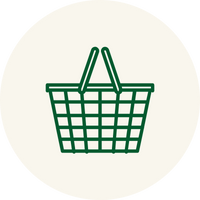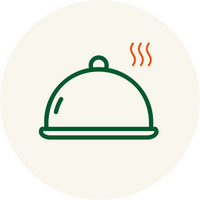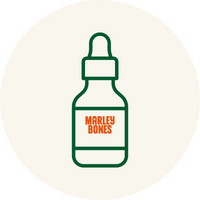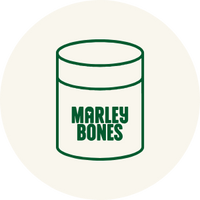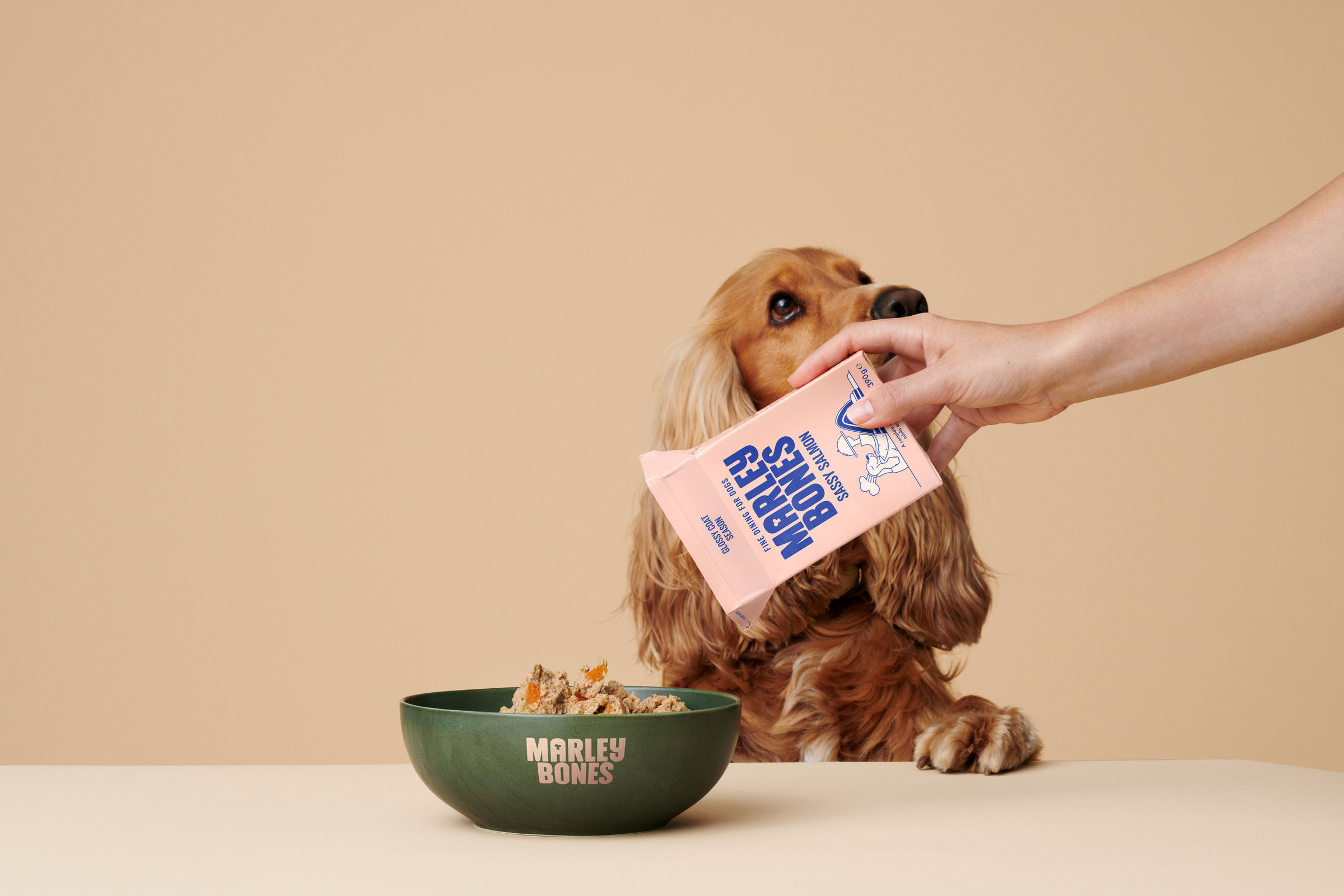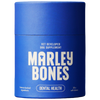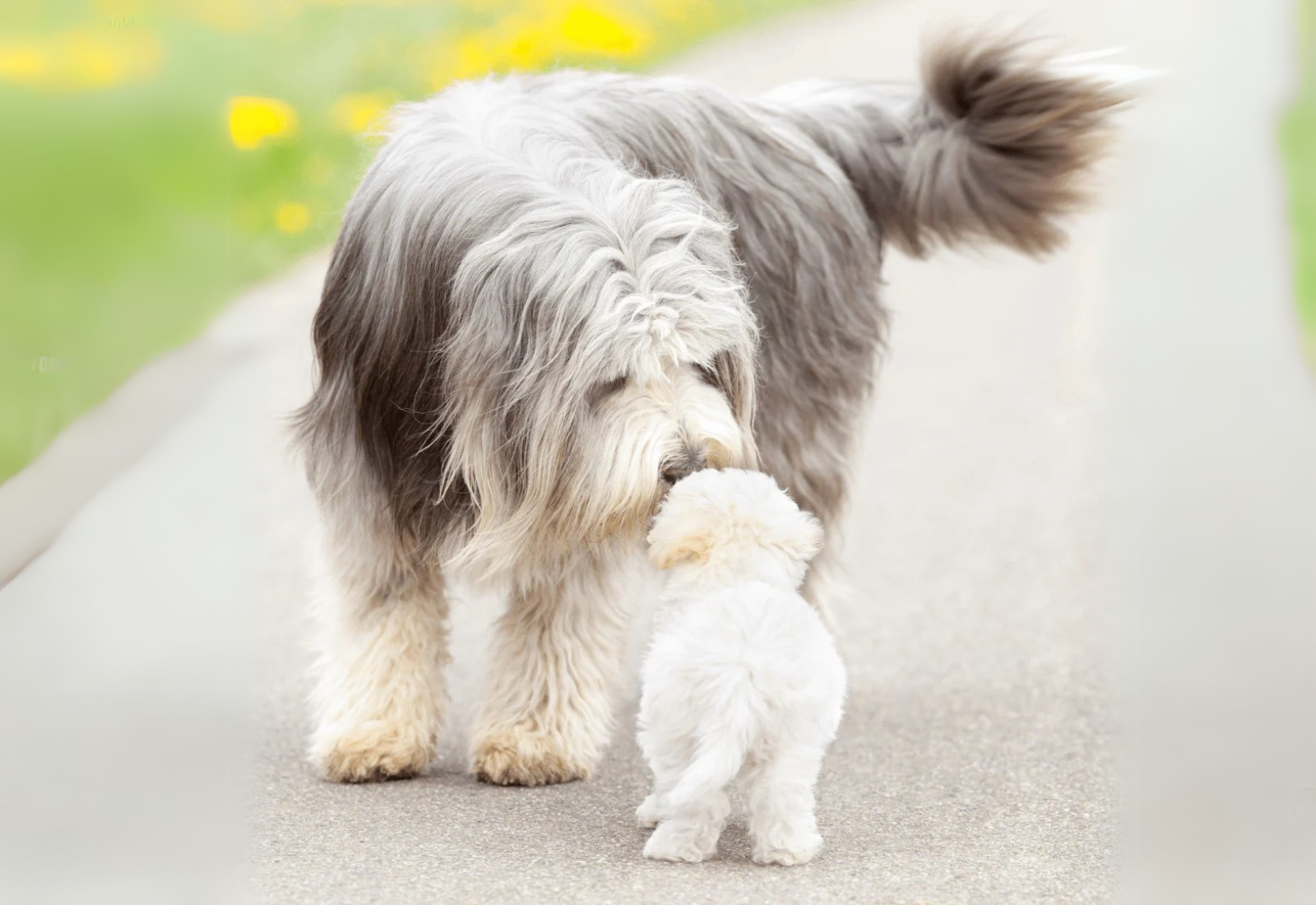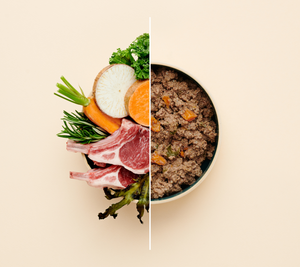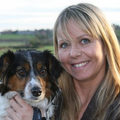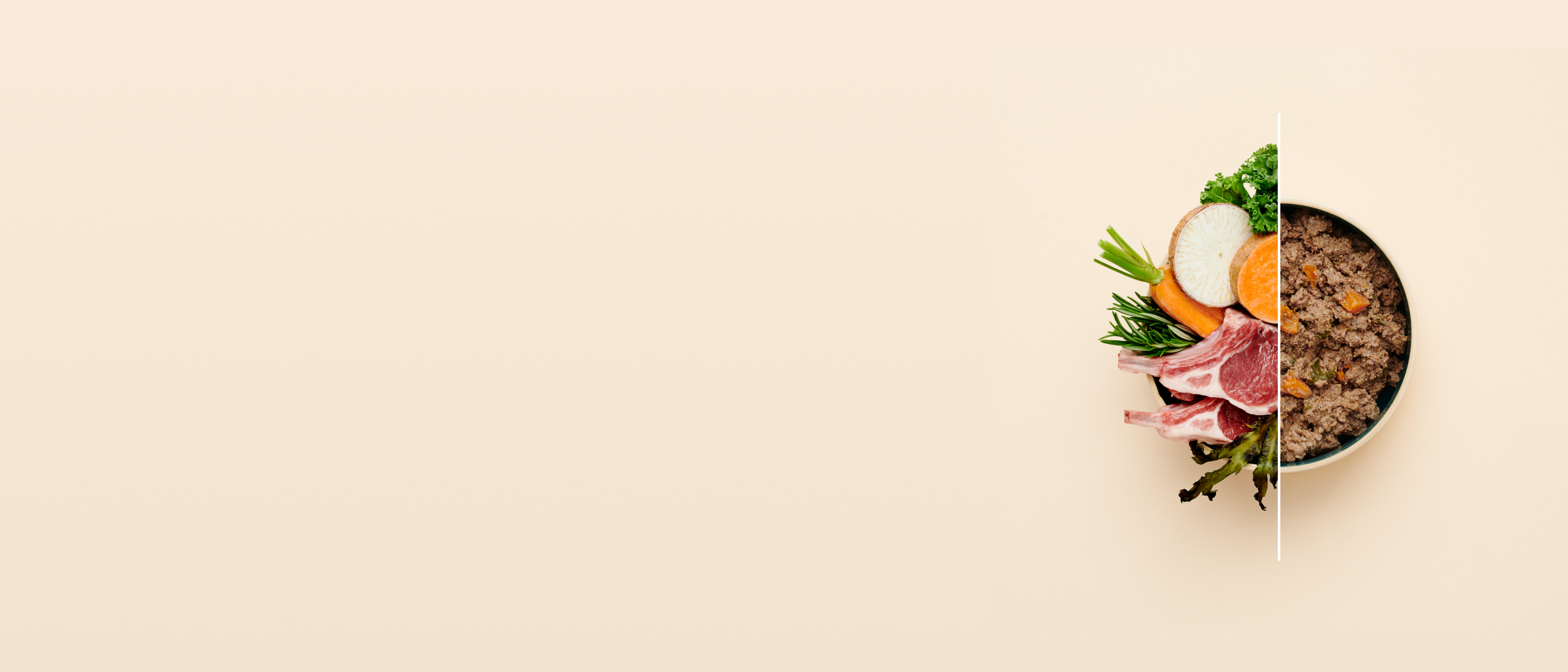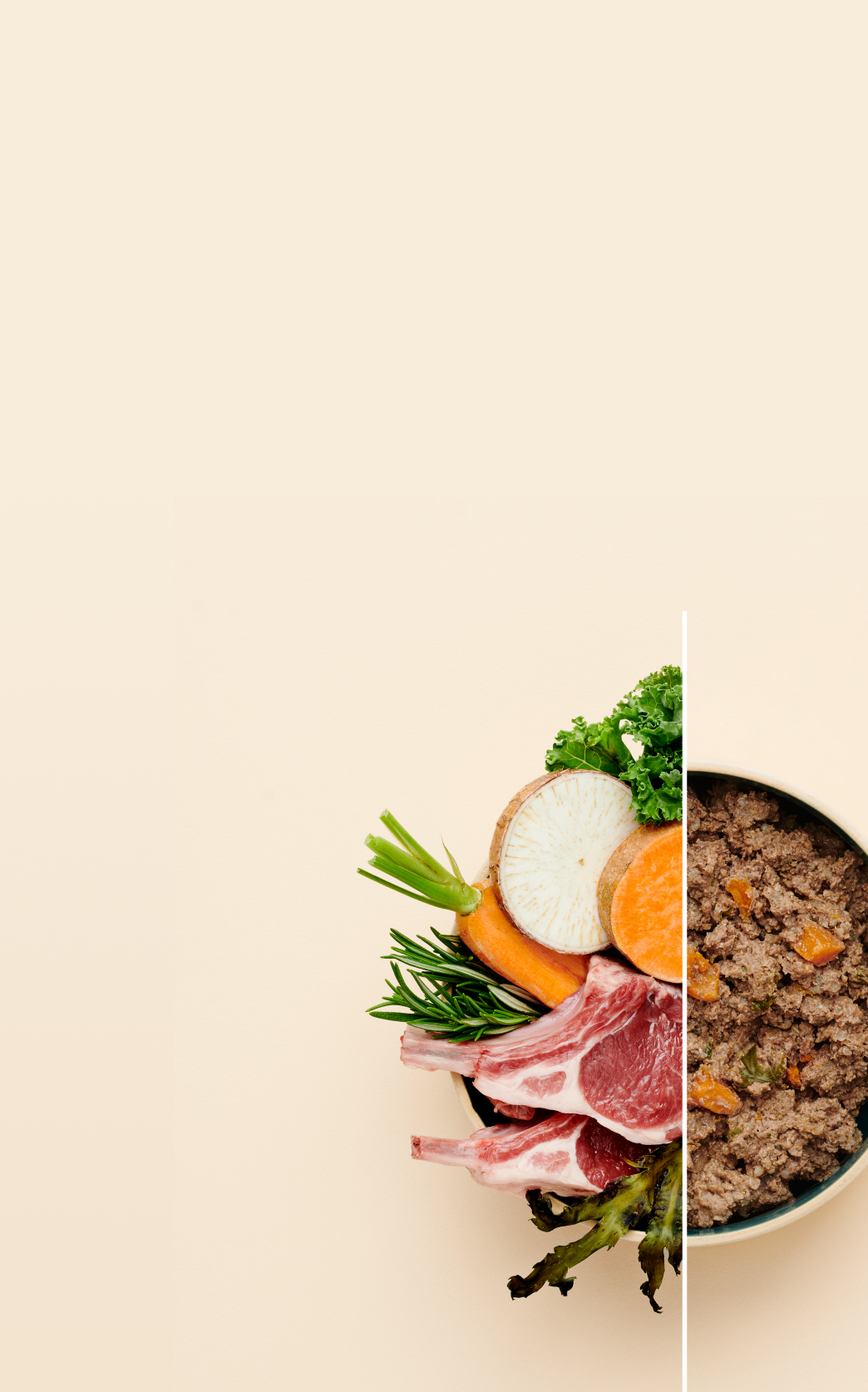Socialising Your Puppy: How to Raise a Confident, Connected Puppy
Raising a puppy isn’t just about cuddles (though there’s plenty of that too). It's about laying the right foundations — helping your dog grow into a confident, responsive companion who can stay focused on you, even when the world gets a bit noisy.
In this guide, we’ll walk you through what socialisation really means, how to do it well, and the common traps to avoid — especially the one many new puppy parents fall into: over-socialisation.
What Socialisation Really Means
When most people think of socialisation, they picture a bouncy pup playing with every dog in the park or greeting every stranger like an old friend. But true socialisation is much more about calm exposure than chaotic interactions.
It’s about helping your dog feel safe and confident in a variety of situations — from loud traffic and slippery floors to children playing and strangers in hats. It’s not about pushing them into everything at once but giving them time to observe, process, and stay connected to you as they do.
This includes habituation too: helping your pup get used to everyday sights, sounds, textures, and environments, so nothing feels too scary or overwhelming.
Can You Over-Socialise a Puppy?
Yes, and it’s more common than you’d think.
When puppies are bombarded with too many new experiences or meet too many excitable dogs too soon, it can backfire. Instead of learning confidence, they may become overstimulated, reactive, or overly familiar — which can make recall and calm behaviour a challenge later on.
A well-socialised puppy is:
- Calm in new situations
- Comfortable around different people, sounds, and environments
- Able to tune into you, even when there’s lots going on
The goal? A dog who can go anywhere with you — pub gardens, train stations, the countryside — and feel safe doing it.

Key Socialisation Tips
- Start early: The golden window is between 4–16 weeks.
- Take it slow: Begin with low-key environments and short exposures.
- Watch body language: If they look overwhelmed, back off.
- Use high-value treats: Reinforce calm, confident behaviour.
- Stay connected: Always make yourself the safe place to return to.
Socialisation Checklist: From Sirens to Surfaces
Here are a few things to gently introduce during that early window (and beyond):
- Sounds: Doorbells, fireworks, hoovers, babies crying, sirens, alarms.
- Textures & Surfaces: Wooden floors, wet grass, metal grates, stairs, gravel, carpets.
- People: Children, adults, elderly, hats, glasses, wheelchairs, pushchairs.
- Places: Cafés, streets, parks, countryside, beach, public transport.
- Animals: Dogs of various sizes, cats, horses, ducks, sheep.
- Household Items: Hoovers, brooms, hairdryers, washing machines, drills.
Use YouTube for controlled sound exposure at home, and set up simple texture trails indoors with things like tinfoil, towels, or yoga mats. It’s all about safe, positive experiences.
What If My Puppy Hasn't Had All Their Vaccines?
You don’t have to wait until vaccinations are complete to begin. While they shouldn’t walk on the ground in public, you can still:
- Carry them through new environments
- Let them observe from a safe distance
- Invite calm visitors to your home
- Use enrichment at home to introduce textures, scents, and noises
- Confidence starts with connection — not chaos.
Fear Periods and How to Handle Them
Puppies go through two key fear periods:
- 8–12 weeks: Right around when they arrive home.
- 5–6 months: Adolescence begins, and things can get wobbly again.
If your pup suddenly becomes wary of something they previously ignored, don’t panic. Stay calm, avoid forcing the situation, and offer treats and reassurance. This usually passes in a couple of weeks.
Navigating the Teenage Phase
Just when you think you’ve nailed it — boom. Teenagehood hits.
Around 5–6 months, your pup may become a little more independent, a little less focused, and a lot more interested in every squirrel, scent trail, or passing poodle.
What helps?
- Go back to basics with your training
- Lower the difficulty (quieter walks, fewer distractions)
- Stay consistent with praise, boundaries and rewards
- Keep the connection strong

Is It Too Late to Socialise My Puppy?
Never. While the early window is ideal, socialisation isn’t a one-and-done task — it’s a lifelong journey.
Older pups and even adult dogs can learn new things. It might take a bit more patience, but with consistency, calm exposure, and the right support, your dog can gain confidence at any age.
The Final Woof
Raising a confident dog doesn’t require doing everything — it requires doing the right things, thoughtfully and consistently.
Take your time, read your pup’s cues, and remember: slow is smooth, and smooth is fast. If you ever feel unsure or overwhelmed, we’re here to help — no question is too small, and we’re always happy to lend a paw.
